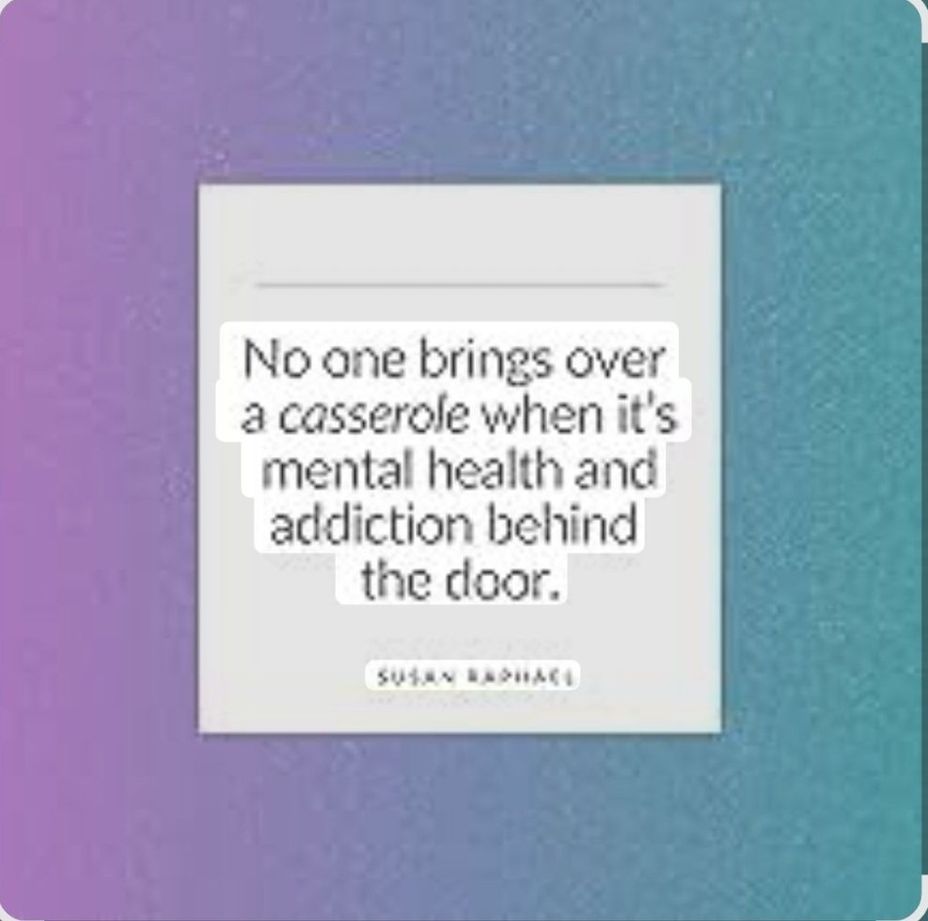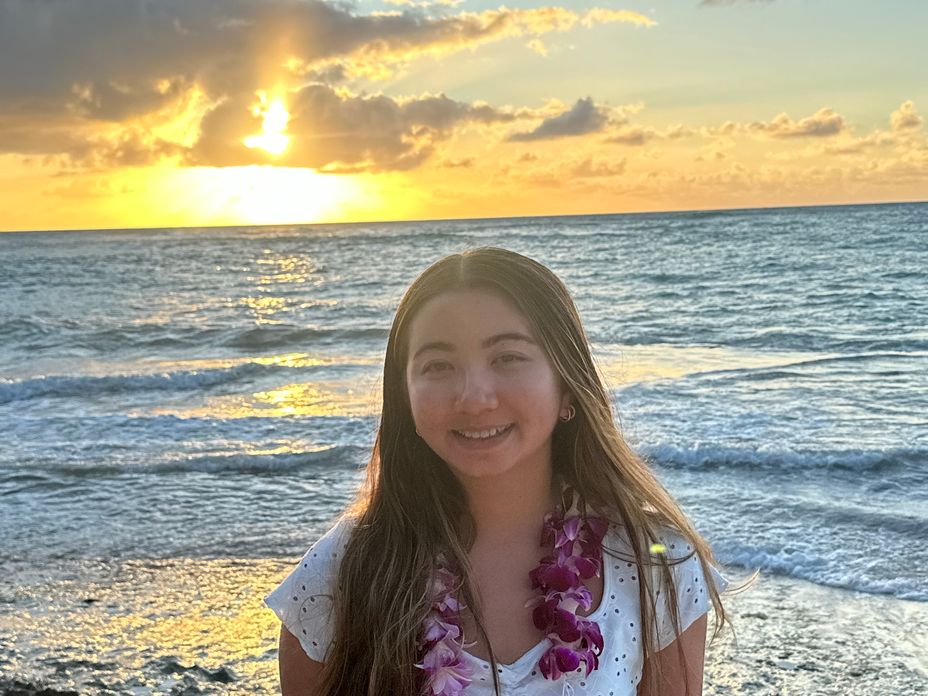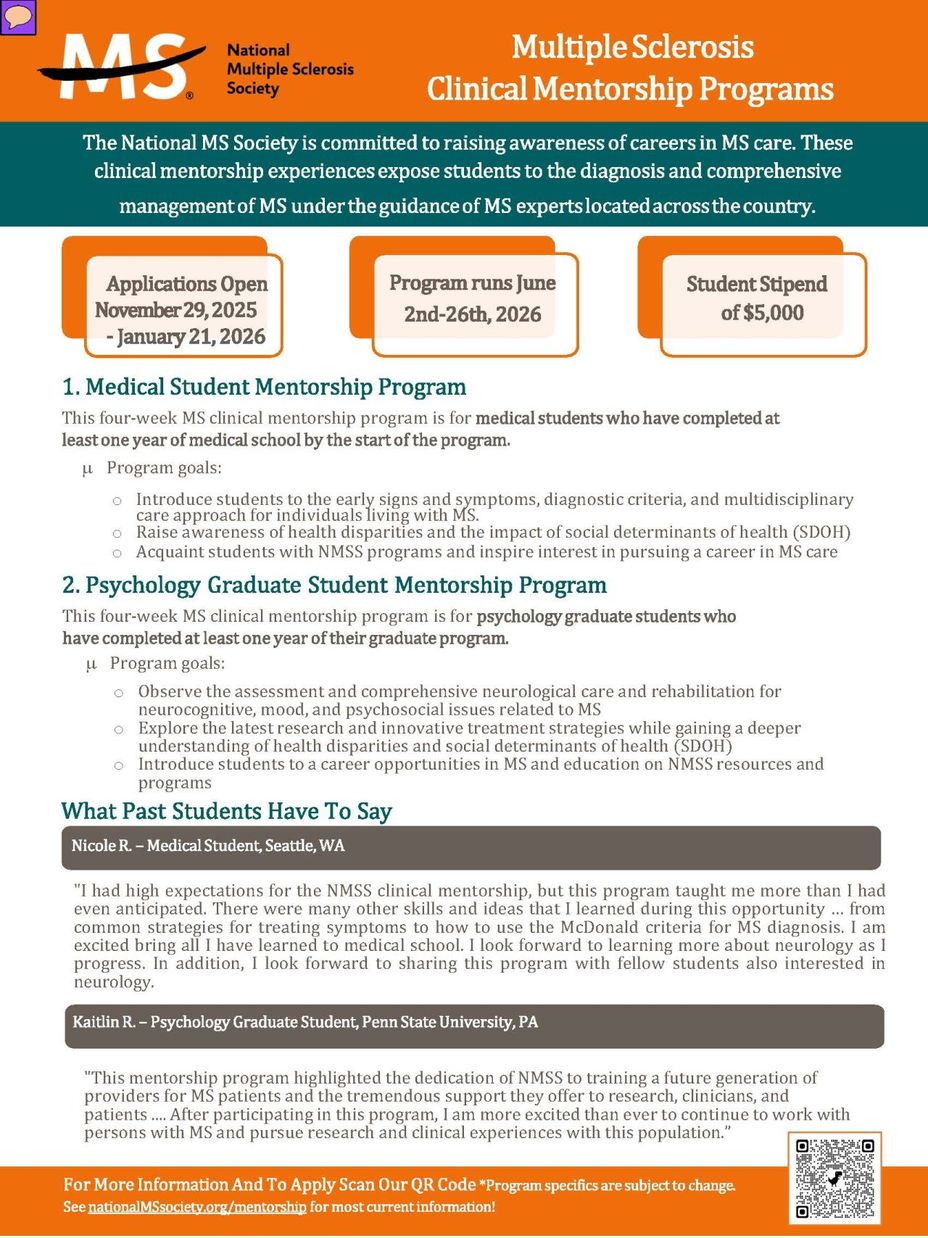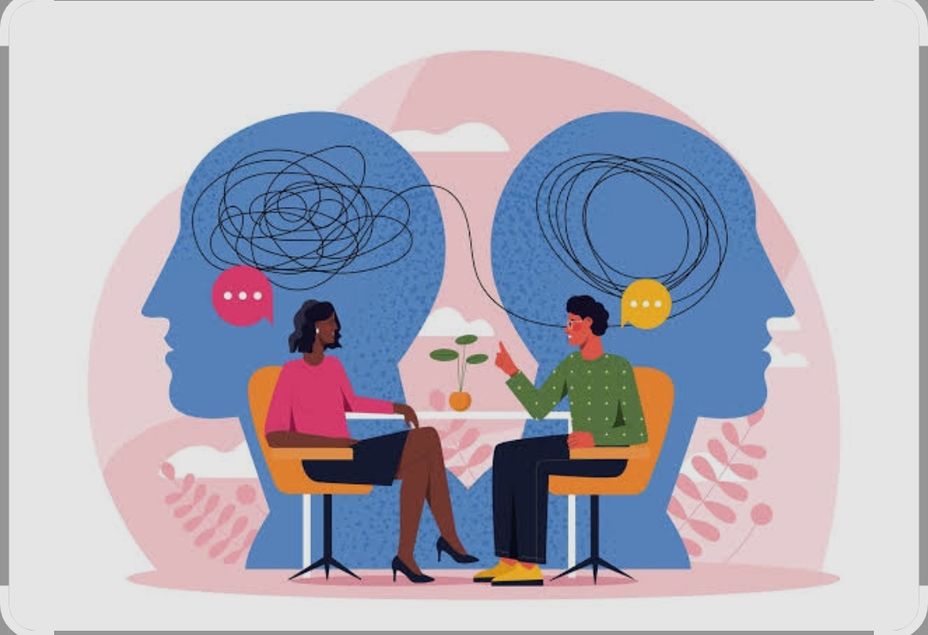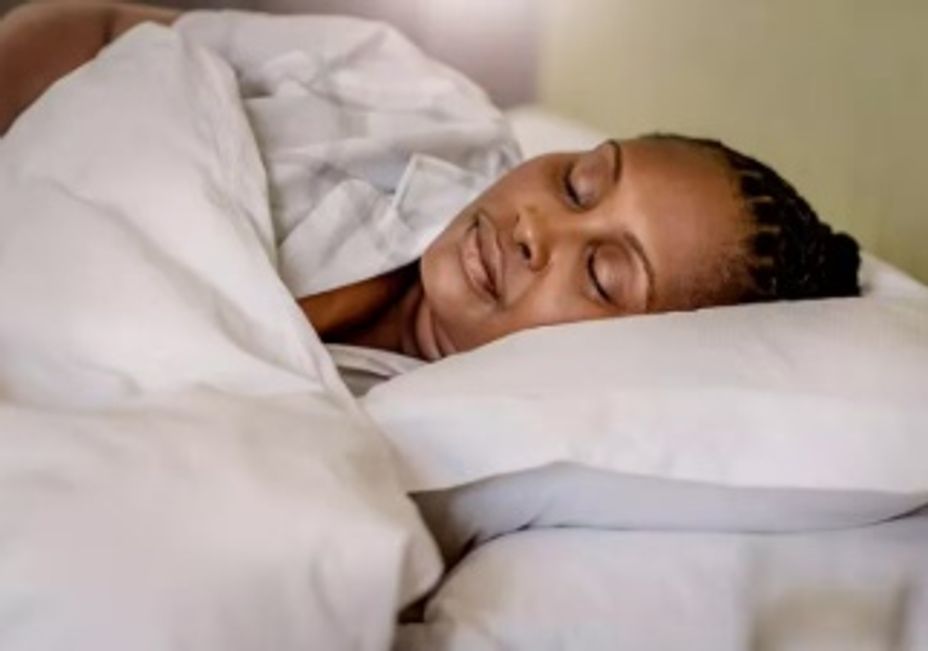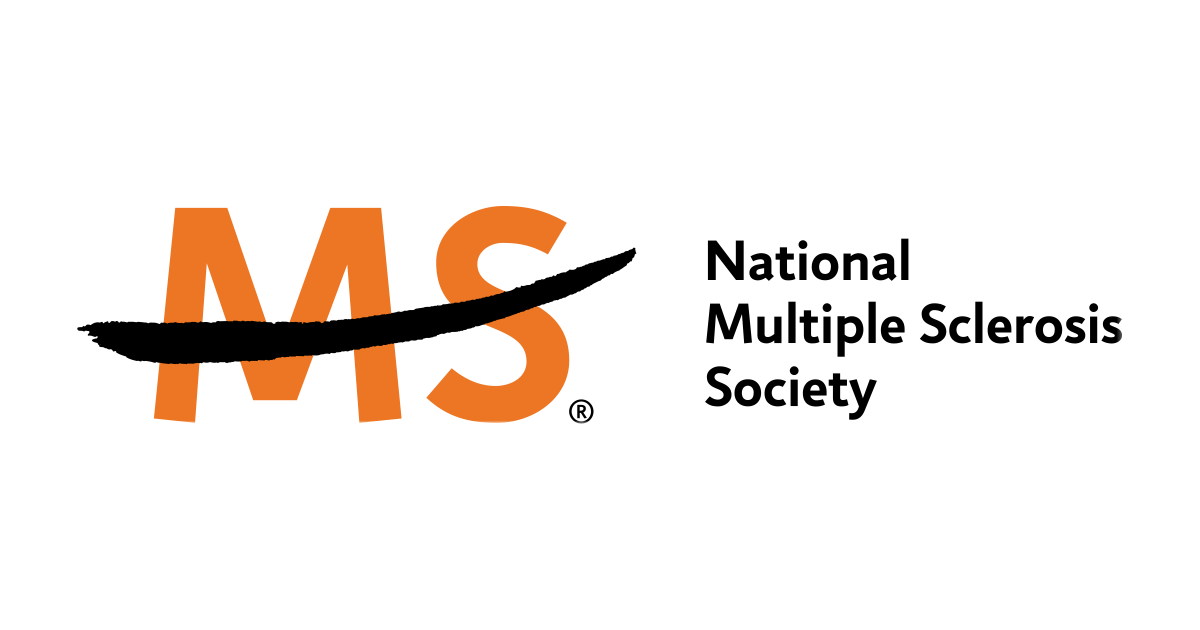Addiction and Mental Health: When the System Fails the People It Was Meant to Protect By BigmommaJ
We talk a lot about personal responsibility when it comes to addiction and mental health.
We talk far less about system responsibility.
That silence matters—because for many people, addiction is not a failure of willpower. It is the predictable outcome of fragmented systems, delayed intervention, and policies that respond to crisis instead of prevention.
In Canada, substance use and mental health challenges continue to rise, particularly among individuals with histories of trauma, poverty, child welfare involvement, and untreated mental illness (Canadian Centre on Substance Use and Addiction [CCSA], 2023).
Yet our systems remain largely disconnected, reactive, and risk-driven.
Addiction Is Not the Root Problem
Addiction is a symptom, not the disease.
Research consistently shows strong links between substance use, trauma exposure, adverse childhood experiences, and mental illness (Public Health Agency of Canada [PHAC], 2023).
When addiction is treated in isolation—without addressing trauma, attachment, housing instability, or mental health—outcomes are predictably poor.
People are told:
“Get sober first, then we’ll treat your mental health.”
“Stabilize your mental health, then address the addiction.”
For individuals living in survival mode, this binary approach is not only unrealistic—it is clinically unsound. Best-practice Canadian frameworks clearly support integrated treatment for concurrent disorders, yet access remains inconsistent across provinces (Mental Health Commission of Canada [MHCC], 2021).
Fragmented Care Creates Predictable Harm
Mental health services, addiction treatment, income assistance, housing supports, and child welfare often operate in silos. Each system has its own eligibility rules, waitlists, and thresholds—many of which require a level of stability that the individual does not yet have.
The result:
Emergency department become default mental health providers.
Detox programs function as revolving doors instead of pathways to recovery.
Relapse is treated as non-compliance rather than a feature of chronic conditions.
Recovery cannot happen without continuity of care, something Canada’s own national mental health strategy has long identified as a critical gap (MHCC, 2022).
The Child Welfare Connection We Don’t Talk About Enough
A significant proportion of adults with substance use and mental health challenges have histories of:
*Childhood trauma
*Foster care or group care placements
*Family separation
*Chronic instability an attachment disruption
Canadian child welfare research consistently shows overrepresentation of families affected by poverty, trauma, and parental substance use—yet responses remain surveillance-focused rather than supportive (Fallon et al., 2020).
Children learn early that systems remove—but rarely return to heal.
Years later, those same children are labeled “high-risk adults.”
This is not coincidence.
It is systemic continuity of harm.
Stigma Is Embedded in Policy
Stigma is not just interpersonal—it is structural.
Policies that discharge people for relapse, deny services due to “non-compliance,” or prioritize short-term outcomes over long-term stabilization actively reinforce harm. The Mental Health Commission of Canada has repeatedly emphasized that recovery-oriented care must be person-centred, trauma-informed, and non-punitive—yet implementation remains uneven (MHCC, 2021).
We would never discharge a person with diabetes for unstable blood sugar.
Yet we routinely abandon people with chronic mental illness and addiction for displaying symptoms.
Recovery Requires More Than Motivation
Motivation alone cannot overcome:
*Unsafe housing
*Poverty
*Untreated trauma
*Lack of culturally responsive services
Systems that retraumatize through control and exclusion
Healing requires safety, consistency, dignity, and time.
These are not individual traits—they are system responsibilities.
What a System That Works Would Look Like
A functional addiction and mental health system would:
*Treat substance use and mental health together
*Embed trauma- and violence-informed approaches across services
*Provide long-term, relational care instead of time-limited interventions
*Integrate child welfare, health, housing, and community supports
*Centre lived experience as legitimate clinical knowledge
*Measure success by quality of life, not discharge dates
Canadian public health models increasingly recognize this approach—but recognition without implementation changes nothing (British Columbia Centre on Substance Use, 2023).
Call to Action: From Awareness to Accountability
If we are serious about addressing addiction and mental health in Canada, awareness is no longer enough.
We must move toward accountability, integration, and reform.
This means:
*Demanding integrated care for concurrent mental health and substance use disorders
*Advocating for trauma-informed, attachment-based practice across child welfare, healthcare, and justice systems
*Challenging policies that punish relapse, poverty, and survival behaviours
*Investing in early, family-centred interventions, not just crisis responses
*Elevating lived experience as evidence—not anecdote
For professionals:
Examine your systems, not just your clients.
For families:
Your loved one is not broken—if care hasn’t worked, it may be because it was never designed for their reality.
For decision-makers:
Fragmented systems produce fragmented outcomes. Healing requires coordination and courage.
And for those who are struggling:
Your relapse is not a moral failure. Your pain is real. Your life deserves care that does not disappear when things get hard.
We do not need more programs that manage symptoms.
We need systems that support healing.
BigmommaJ
#MentalHealth #AddictionRecovery #systems
